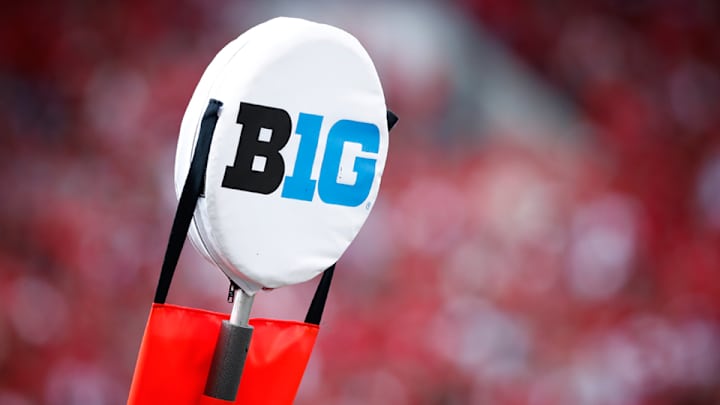Big Ten to guarantee scholarships, allow athletes to return to school

The Big Ten announced Wednesday that member schools will guarantee that athletes will keep their scholarships throughout their educational tenure and that athletes will be allowed to return to complete their degree if their attendance is interrupted for a "bona fide" reason.
The determination was made during conference meetings Monday and Tuesday involving athletic directors, senior woman administrators and faculty representatives.
From the Big Ten's press release:
[An athlete's] scholarship will neither be reduced nor cancelled provided he or she remains a member in good standing with the community, the university and the athletics department.
If a student-athlete's pursuit of an undergraduate degree is interrupted for a bona fide reason, that student-athlete may return to the institution at any time to complete his or her degree with the assistance of an athletic scholarship.
• EVANS/THAMEL: Inside Read: New climate around sexual assault
The second part of the guarantee seems to point to those players that leave school early in order to play professionally, especially football and basketball players that leave for the NFL and NBA, respectively.
The conference's announcement came one week after the Big Ten announced its plan for increased athlete benefits, including increasing financial aid to meet full cost of attendance, offering multi-year scholarships and providing expanded medical insurance.
The proposed changes are likely to come under the NCAA's new governance structure of autonomy. In August, the NCAA approved the new structure, which allows for Power Five conferences to have greater power in instituting their own rule changes.
The types of reforms described above have been associated with the move to autonomy and the conferences' desire for doing so.
• BECHT: Can Brady Hoke's job be saved?
- Ben Estes
